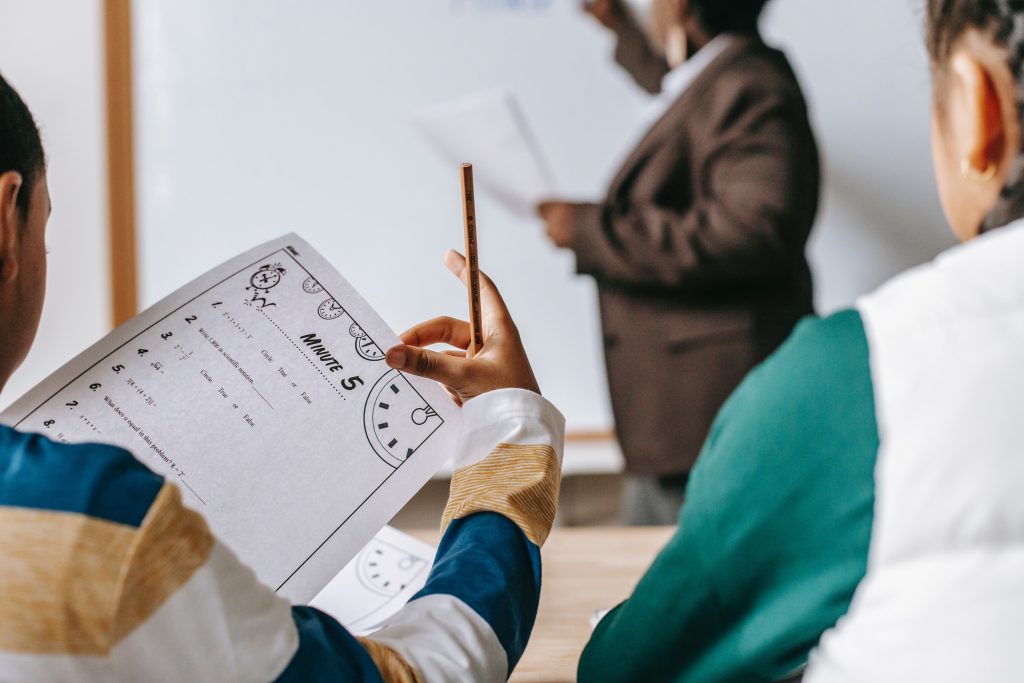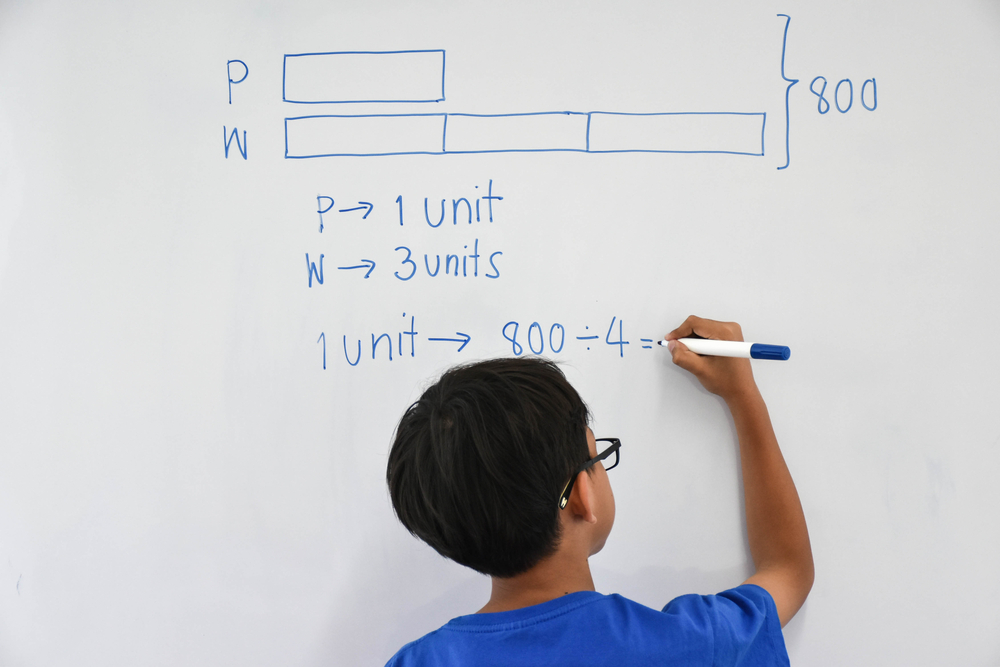Low academic performance is one of the parents’ greatest concerns. They put much effort into helping their kids succeed, including homework assistance and enforcing study disciplinary policies. Unfortunately, many students’ performances still fall short of expectations. For example, about 25% of first-year high school students fail to graduate on time due to low academic performance.
While many parents do what they can to help their kids excel in school, they leave out an essential factor — detecting pointers to low academic performances early.
Noticing these behaviors in time can help parents intervene early and boost their kids’ chances of academic success.
Therefore, this article discusses five indicators of low academic performance in students and what parents can do to help.
Warning indicators of low academic performance in students
There are five prominent warning signs every parent must look out for to prevent low academic performance in kids. Let’s discuss them below:
1. Disengagement from school work
A significant point to low academic success is when kids don’t show much interest in academic activities as they used to. Suppose they were always eager to talk about school, participate in extracurricular activities, and do their homework but suddenly become reluctant. In that case, it’s likely because they are struggling in school.
Sometimes, students lose interest in school because they are performing below the standards they’ve set for themselves. So, they give up, mainly because they don’t see themselves getting their grades back up, unsure of how to improve or are afraid to ask for help.
Communicate with your kid if you notice any detachment from academic activities but respect their boundaries if they aren’t ready to talk about it. Also, get involved in their day-to-day school activities. Check their notes and inquire from teachers about their engagement level in the classroom.
2. Physical symptoms
Another evident sign that is easily overlooked but is a major indicator of kids’ low academic performance is a change in their physical patterns. Low performance may leave them worried and anxious, keeping them up at night or adopting unhealthy habits as a distraction. Sleeping problems, eating disorders, passive aggression and other unhealthy lifestyle changes could be signs your child is struggling to do well in school.
If you identify these behaviors in your kid, get in touch with a healthcare professional to know exactly what they are dealing with. Support them emotionally and let them know they are not alone. Finally, reach out to their teachers and work with them to help your kid cope with stress and develop strategies to enhance their performance.
3. Negative reports

Teachers’ reports about your kids’ low academic grades can be shocking and difficult to accept, especially if your child shows contrary behavior at home. However, paying attention to teachers’ reports can help you address their challenges early.
So, rather than dismiss tutors’ observations, identify the areas your kid is struggling with and ask their teachers for suggestions. Afterward, collaborate with their tutor to develop a strategy for improvement. This could include introducing a different but practical approach to teaching and learning.
4. Inappropriate behavior in school
Low academic performance can lead to frustration in kids. Rather than speak about it, they may take their frustrations out on those around them and adopt inappropriate behaviors to get attention. Their actions can range from skipping classes and failure to participate in group projects to outbursts and other defiant behaviors.
Your kid may be struggling with academic activities if they are usually well-behaved but begin to exhibit these negative behaviors in school. So, discuss with them to figure out their challenges, provide emotional and psychological support and work with the school authorities to keep their behaviors in check.
5. Change in friends and activities
Your kid may be performing poorly in school if they change their group of friends, extracurricular activities, or places they visit. They may need a group to fit in, and they could also have low grades from peer influence.
So, talk with your child if you notice suspicious changes in friends, activities and places they go for fun. You can also check in on their friends to ensure your child’s keeping the right company.
Monitor your child’s academic performance with Explico
Explico is an online teaching and learning platform focused on enhancing students’ performances with formative tests and analytic reports.
We conduct regular assessments to track students’ understanding during learning. Additionally, Explico’s AI produces accurate analytical reports to reveal kids’ weak areas for early improvement, preventing low academic performance. Get your kid started today by visiting our online portal.


